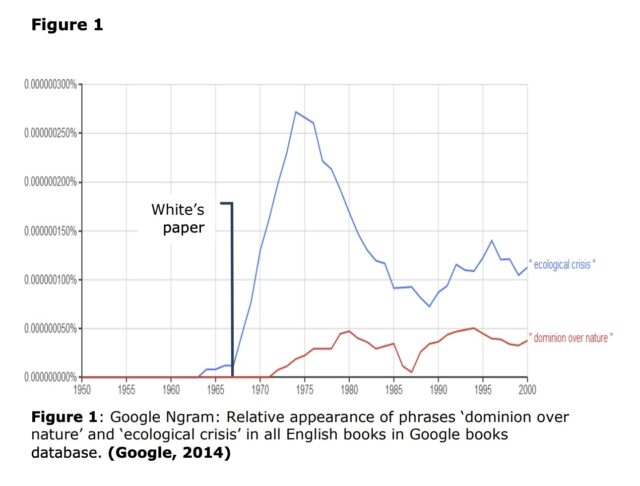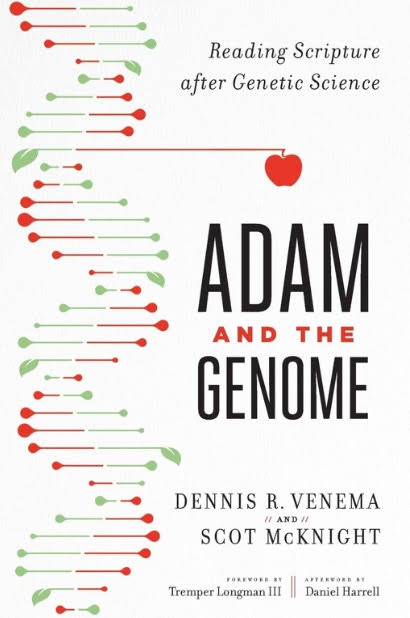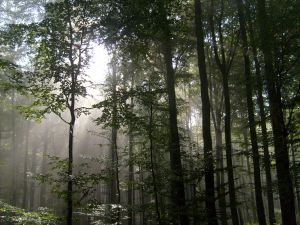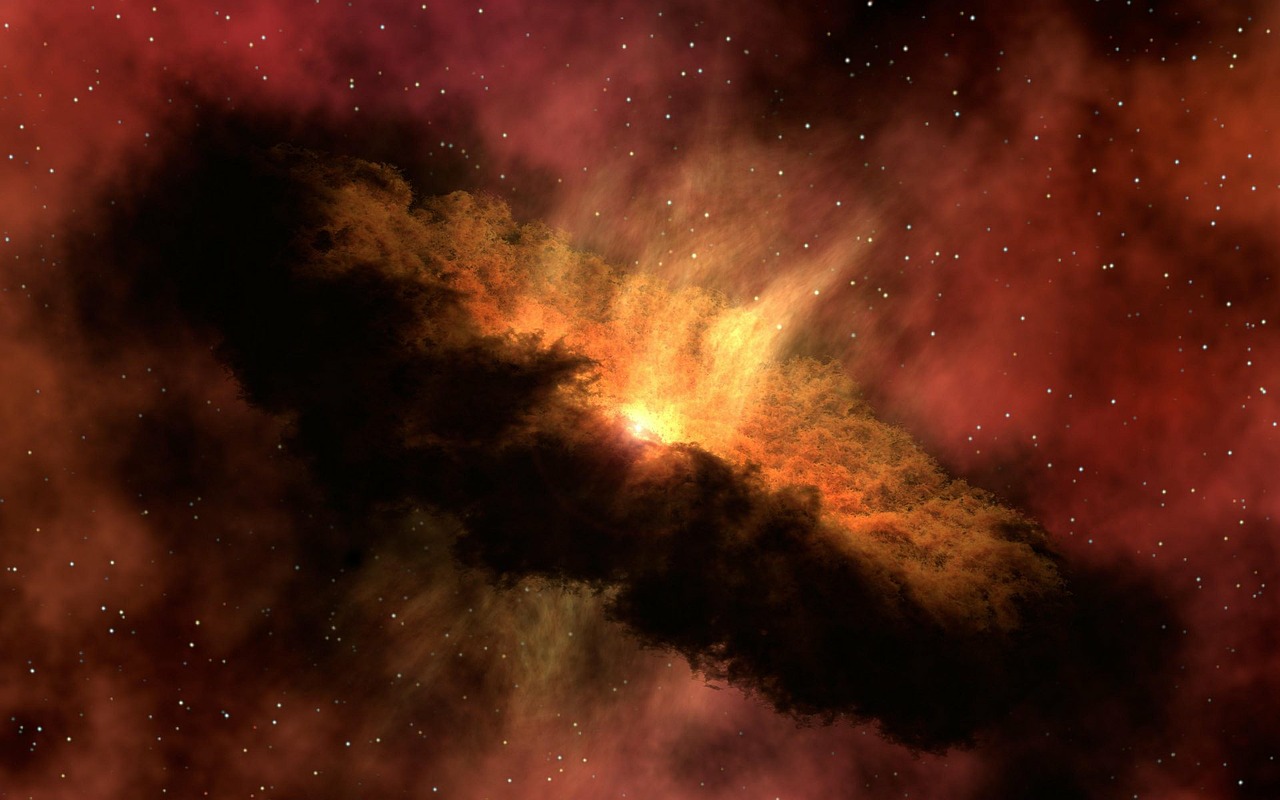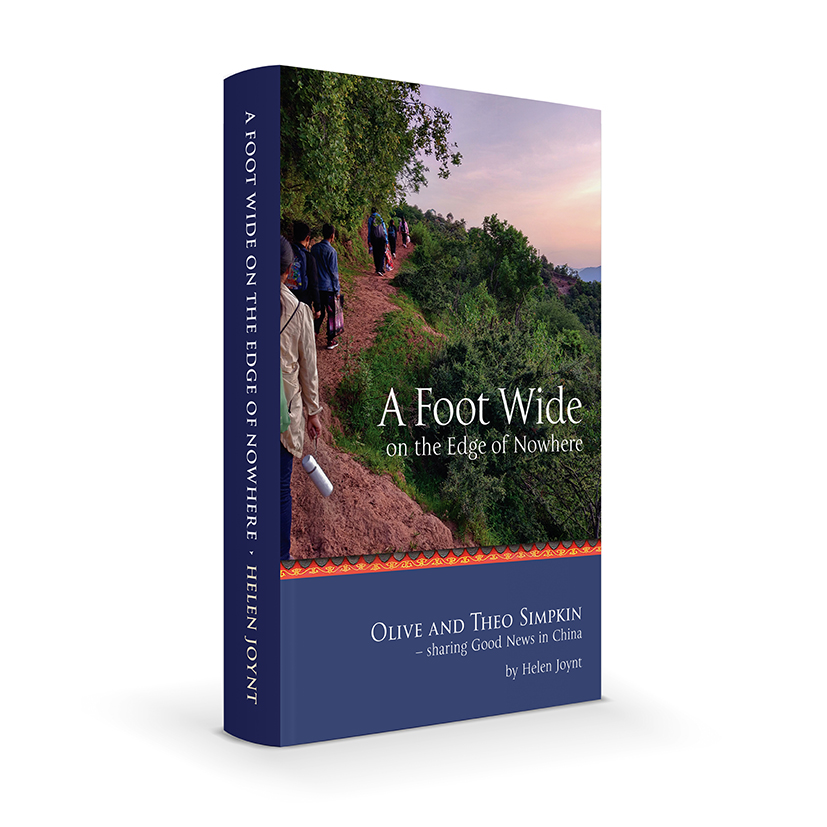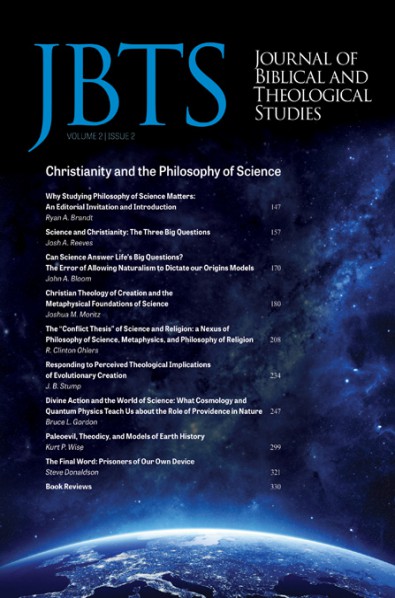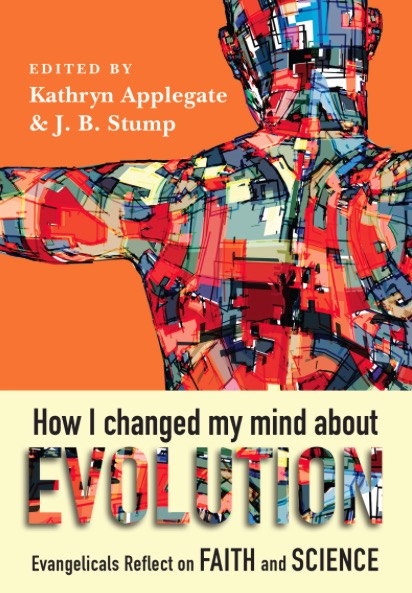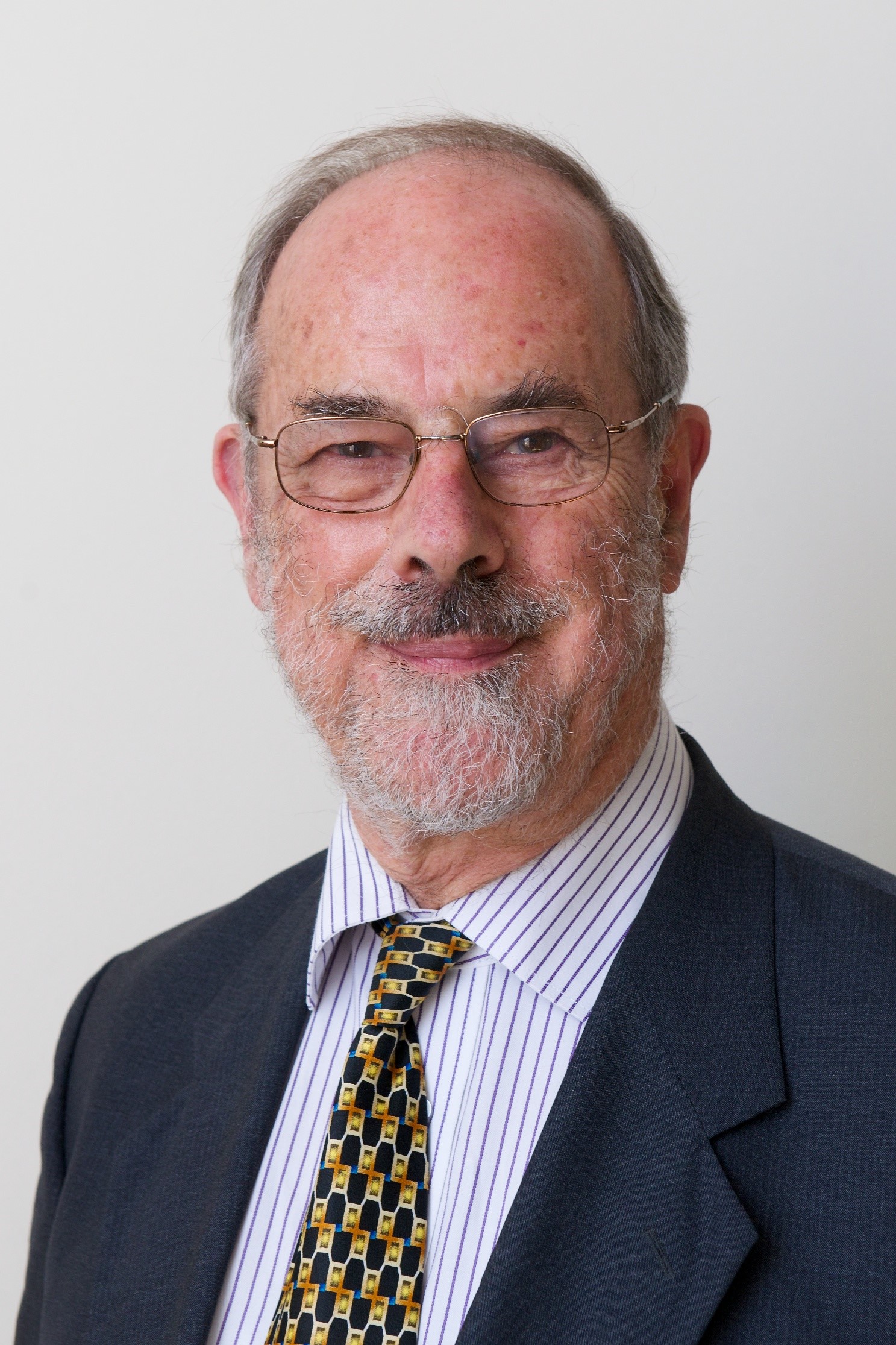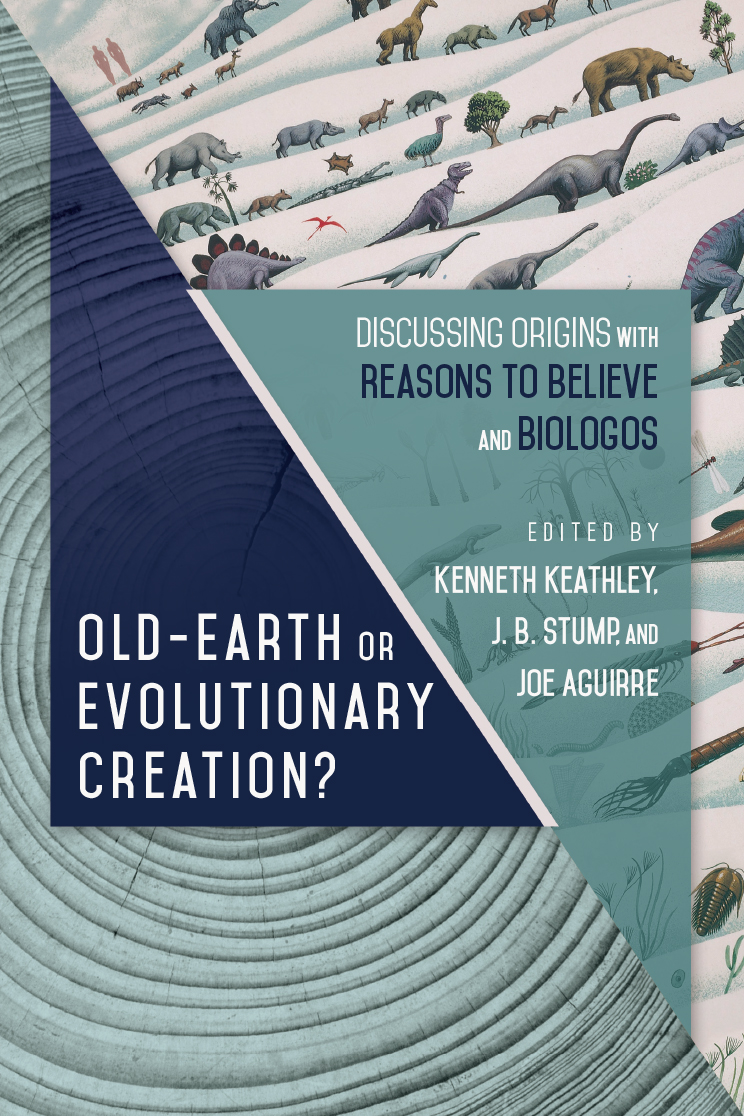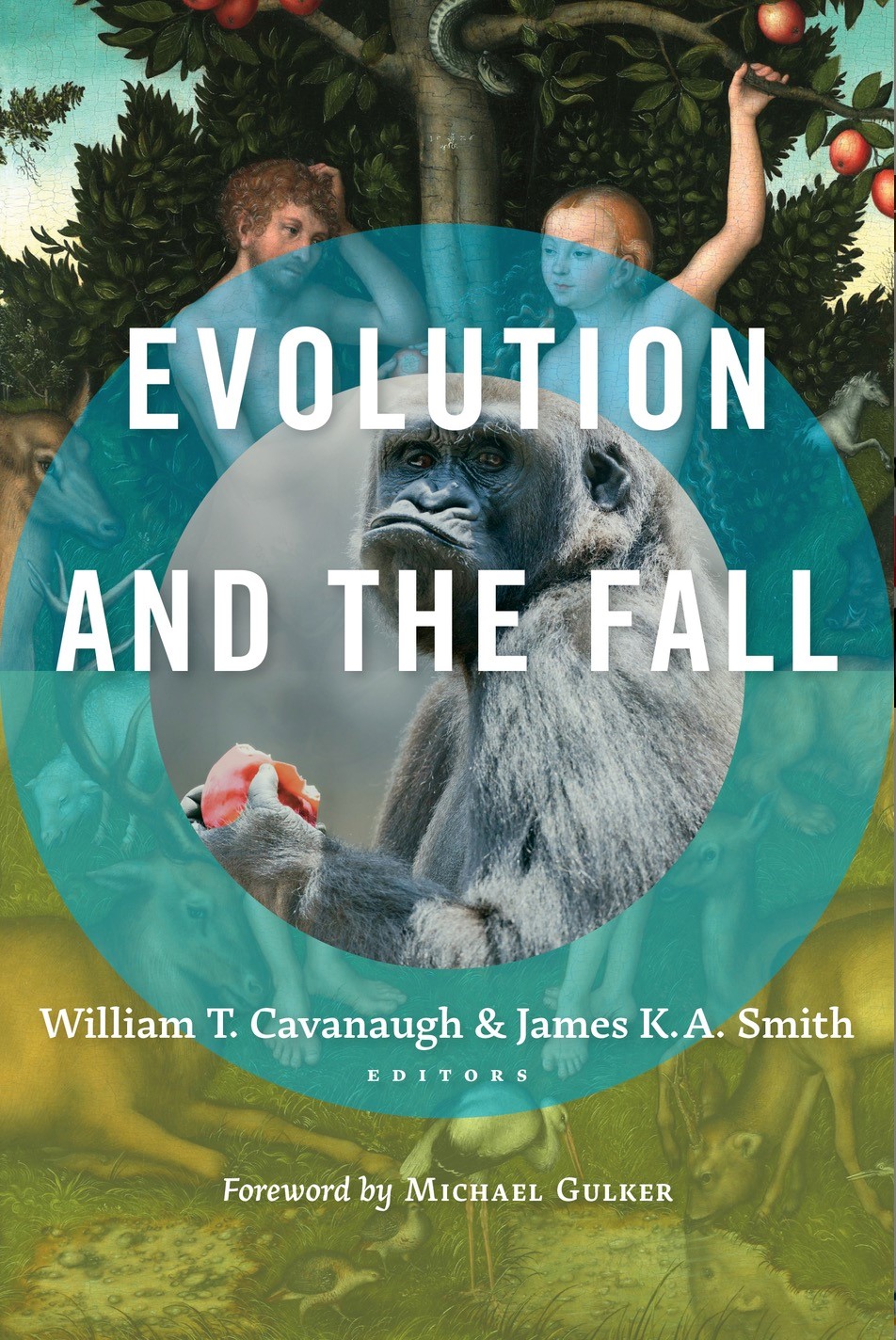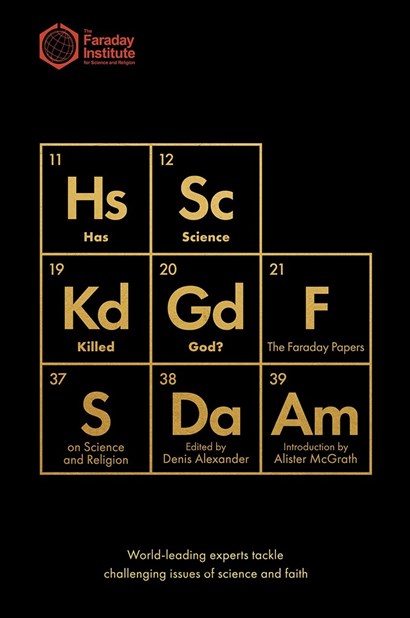

Robert Brennan
Rev. Dr Robert Brennan PhD, MAppSci, BA (hons), BTh, BSc is an ordained Uniting Church minister with a background in industrial physics and theology.
His doctoral thesis is entitled “Augustine, perfection and inspiration: a stumbling block to the dialogue between theology and science”.
This article is the text of a presentation to the ISCAST Victoria Symposium, Putting science in its place, 5th July 2014.
Abstract
One of the enduring and commonly held notions in environmental discussions is expressed in Lynn White’s 1967 comment, ‘… we shall continue to have a worsening ecologic crisis until we reject the Christian axiom that nature has no reason for existence save to serve man’. While this statement is regularly cited in the literature and has an air of plausibility, the question needs to be asked whether White’s hypothesis has historical validity.
This paper examines the historicity of Whites’s claim. Surprisingly, the rise in the frequency of discussion of the notion of domination over nature post-dates a similar rise in discussion of the ecological crisis in the early 1960s, follows publication of White’s article. Richard Whybrow argues that while the biblical notion of mastery of nature arose with the development of modernity it was understood by Bacon to be an intellectual mastery, in which humans are able to understand nature in laws and pattern. This was part of a major change in human intellectual appreciation of nature, and was distinct from the idea of nature domination which others including Jim Mason and Peter Schouls trace to secular industrialism and social ideology in the 19th century.
Further, this paper argues that rather than being the eco- villain, traditional Christian thought, from Augustine to the present, has encouraged the careful understanding of nature, its stewardship and the exercising of humility with regard to the limits of human ability when confronted with nature.
Key words
Mastery of nature, dominion over nature, environment, image of God, Christianity, Lynn White
Introduction
… [W]e shall continue to have a worsening ecologic crisis until we reject the Christian axiom that nature has no reason for existence save to serve man. (White, 1967, p. 1207)
While regularly cited in the literature and having an air of plausibility, the question needs to be asked whether this hypothesis has historical validity.
The motivation for this paper arose from my trying to understand why at a recent high level Church meeting during a forum on the effects of the mining industry one prominent environmentalist suddenly lost interest in the debate when church people started discussing effects of the industry on people. White’s paper is often taken as a pretext for abandoning anthropocentrism to adopt eco-centrism in environmental discussions.
Endless repetition can unfortunately make a case
White’s notion is one of the enduring and commonly held notions in environmental discussions. However the linking of ‘Dominion over Nature’ and ‘Ecological crisis’ only begins after 1970, as indicated by a simple search of these terms across literature (Figure 11). It was first expressed in Lynn White’s 1967 comment in Science. This paper examines the historicity of White’s claim.
The trouble with endless repetition is that if a tale is retold often enough it begins to hold a ring of truth. Take the example ‘known’ to all people who have worked with lead. All lead workers hear the tale that they ought to drink lots of milk to ‘prevent’ lead absorption by lining their stomachs. As recently as 2004 serious scientific studies have been conducted to (inconclusively) test the claim (Chaung et al 2004). Alas the common ‘wisdom’ arose from a health intervention originally proposed in the 19th century. A doctor in the UK dealing with children working in a lead smelter had no idea at the time of the seriousness of lead poisoning or the susceptibility of children under ten years of age to lead poisoning. He did however note that many of the children were severely malnourished and that the prescribing of milk would do no harm and might bolster their
1 See below, page 10.
health against the effects of lead (Health and Safety Executive, 1983). As a result, the use of milk as a ‘preventative’ has passed into folklore even though omitted from all contemporary legislative control statements.
Similarly, everyone seems to ‘know’ that traditional Christianity is an eco- villain because the bible teaches that ‘man’ is meant to have dominion over nature. There is at least a hint of plausibility to the tale often retold. The author is personally aware that White’s paper is used uncritically as the basis for a tutorial assignment in at least one university environment course. Nevertheless, as will be shown, Christians who seek to be serious about good stewardship of the environment need not feel defensive.
Simply the tale is false. White’s paper does not make a strong argument for his assertion. Good biblical exegesis denies the claim. A variety of theological traditions have historically taught good stewardship of the environment and God’s plan to renew the whole of creation.
Lynn White’s paper
Originally delivered as a lecture to the American Association for the Advancement of Science (AAAS), White’s paper was a conjectural opinion piece which was not rigorously argued or referenced. Unfortunately, in spite of its vast influence, it does suffer a number of easily identifiable problems which give grounds to question the validity of its claimed implications for traditional Christianity. White’s paper firstly presumes the problematic conflict model linking the development of science to Christianity. Further to this White describes all western civilisation’s developments as Christian even those involving greed, conquest and colonialism which are difficult, if not impossible to find approval for in Christian dogma. That is, such dogma not corrupted by political ambition and avarice.
He does note the dramatic changes in Christian attempts to understand the world in the late medieval period. Nevertheless, his conjecture draws a rather long bow which does not convincingly hit the mark, neither for the period from the late medieval into early modernity, nor for the longer periods to the industrial revolution or the late twentieth century. He does not take account of the long term Christian tradition of commitment to the stewardship of nature, nor does it explain the rise of the same notion of the dominance of nature in purely secular thought. Both of which will be discussed further.
White does, however, claim that one Christian tradition that went against the trend he described, did so and failed. He strangely contrasts Franciscan thought with the remainder of Christianity. That is that somehow Saint Francis in proclaiming some form of equality of all creatures was rebelling against a prevailing Christian dogma that the world exists for the utility of humanity. Sadly this is his concluding point and is simply wrong on two counts. One doubts that the Franciscan order would consider their centuries of tradition as a failure to influence the church. Secondly, White simply showed an ignorance of Christian tradition and dogma.
‘Image, likeness and rule’—not ‘dominate’ alone!
Contributing to the conjecture’s air of plausibility is a simplistic reading of Genesis 1:26, 28. In the King James version it reads:
And God said, Let us make man in our image, after our likeness: and let them have dominion over … all the earth … and God said unto them, Be fruitful, and multiply, and replenish the earth, and subdue it.
It seems at first glance to say to humans ‘dominate!’ and ‘subdue!’; but does it, really?
The key words are the Hebrew redeth and kabash which can mean ‘subjugate’ and ‘subdue,’ but only if taken by themselves. The words have a range of meanings, just as ‘vessel’ in English can have more than one meaning, i.e.: cup or ship. Thus, redeth can vary in meaning from ‘tread underfoot’, ‘subjugate’, ‘to rule’ or ‘to rule, guard and serve,’ and kabash can vary from ‘beat into submission’, ‘subdue’ through ‘to tame’ or ‘control carefully’. Taken out of context any meaning can be assigned and used as a pretext to prove whatever one likes.
Nonetheless, these words do not stand alone. Human dominion is linked with being created in God’s image and likeness. God as a good and loving creator has no need to tread creation underfoot, especially since the narrative soon describes the creation as very good. So the sense of ‘wise and just rule’ fits. Human dominion is to reflect God’s type of dominion.
Similarly, in verse 28, kabash is linked with ‘replenish the earth’. Therefore ‘control carefully’ fits the whole meaning of the sentence best. Wenham even argues that the imperfect verb tense expresses purpose (Wenham 1998 p.4). Humans rule:
…the world on God’s behalf. This is of course no license for the unbridled exploitation and subjugation of nature. Ancient oriental kings were expected to be devoted to the welfare of their subjects, especially the poorest and weakest members of society. (Wenham 1998 p. 33)
Jane Goodall, co-worker with Louis Leakey at Olduvai, and whose work with chimpanzees changed many of our assumptions about what it is to be human, actually makes the correct exegetical case in her Seeds of Hope (Goodall 1999 p. 272).
In a recent expression of this concept Marc Cortez offers a good summary:
The image of God can be understood as God manifesting his personal presence in creation through his covenantal relationships with human persons, whom he has constituted as personal beings to serve as his representatives in creation and to whom he remains faithful despite their sinful rejection of him. (Cortez 2010 loc. 492)
There is no sense that the world is, so to speak, “humanity’s oyster” to do with as we like. There is in context a purpose to care for nature and for that care to be integral to our leadership in the world.
In Christian Tradition
Contrary to White’s assertion, the western Christian theological response has consistently affirmed this type of view of humanity’s place in nature and service of nature. These following examples are indicative and in no way exhaustive.
Augustine links the three – image, likeness and dominion – in his commentary on Genesis. However Augustine claims that the high status of humanity comes only as God illuminates the human mind (Augustine de Genesi III 20.30–31). Essentially without that illumination, humans would cease to reflect the image and likeness of God and lose the rule of nature. By implication human separation from God, sin, affects not only human spirituality and relationships with each other, but also our relationship with our environment.
Thomas Watson, a well respected seventeenth century Puritan, cited regularly centuries later, stated,
The Lawful use of the world is yours. The gospel does somewhat enlarge our charter. … We are apt to offend most in lawful things. The world is yours to traffic in, only let them that buy, be as if they bought not (1 Cor 7:30). Take heed that you do not drive such a trade in the world that you are like to fracture your trading for heaven.
Watson 1665 pp. 29–30
Protestants, as well as St Francis, were concerned that humans should care for and not break the world in which we live. While there are differences in application this is far from the revolutionary difference in opinion to which White incorrectly alludes.
Barth engaged with the thought of Albert Schweitzer, disagreeing strongly with how far Schweitzer goes in applying respect for life. They were at opposite ends of the theological spectrum of their time. Barth noted, ‘Animals and plants can belong only to God’. Human lordship is conferred by God with its corresponding responsibility. That is respect for life means that we should give the natural order its rights to be what is actually is.
This is tempered with humility: ‘If only we knew what this means!’ (Barth 1961 pp. 347–352). Even though there is much strong disagreement between these two scholars, they both agree that the world is not humanity’s plaything.
Rather than, as White suggested as the key point in his argument, that ‘Christianity made it possible to exploit nature in a mood of indifference to the feelings of natural objects’, the consistent theme in theology is that humans are to exercise stewardship toward the creation, the environment.
Contrary to being an eco-villain, Christianity has always sought ways to encourage effective stewardship of the environment and often at great cost. It is always cheaper in the short term to clear fell, pollute and strip mine what is most valuable out of the environment. The same set of essays referred to earlier in relation to the tall tale about milk and lead, also notes why the British Factories and Shops inspectorate was actively exported to all parts of the empire. While the nineteenth century industry was not noted for its environmental sensitivity or even basic human
compassion, there was a Christian movement advocating change. It was effective to some extent. The reason the inspectorate was exported was to make sure that industry in India and South Africa did not gain an unfair economic advantage by ignoring their workers’ welfare or environment.
Christian and others’ concerns about questionable practices in foreign sweatshops is not new.
Falcon Scott gave as one of his reasons for not using dogs in the Antarctic that he did not want to consider the harsh utility of killing and eating and feeding creatures to each other, because this was ‘unchristian’. As a young minister in training, the author, had a very elderly congregational member, a scientist, who avidly told about his Christian calling and involvement in the cactoblastis beetle control of prickly pear in the early twentieth century.
There are many such examples of Christians working for better care of our world, and carefully avoiding mismanagement. The frequency and intensity of their care negates White’s conjecture at every point.
Nevertheless, the notion that humans supposedly have some right to dominate nature rather than participate in the good ordering of nature has arisen. The question how this has developed needs to be addressed and will further negate White’s argument.
Dominion over nature – where did the idea come from?
The first way this can arise is obviously, as discussed, out of a simplistic reading of the Genesis text or in the distorting of the text in some post- Christian recollection of the grandparents’ culture. In this, the simple separation of image and likeness from, or the forgetting of their integral link with, dominion moves from the Judeo-Christian ideal, an attitude of stewardship and loving service. As suggested, if taken out of context, dominion can then become a pretext for domination in which the ruling of creation becomes a process of subduing the world for our own needs.
White showed no awareness of this exegetical misuse, but remained partly right when he traced the notion of mastery of nature to the Baconian creed, ‘Scientific knowledge means technological power over nature’ (White 1967). His implication is that the utilisation of the natural order was driven by scientific advancement. However, as argued by Whybrow and Schouls, this mastery of nature in early modernity was primarily understood as intellectual mastery not the utilisation of nature.
Schouls examines the role played by the concepts of freedom, mastery, and progress in Descartes’ writings. Mastery over nature arises out of a union of the soul and body so that through
union of thought and extension, man is the only creature capable of mastery over nature… [M]an is also the only creature capable of the kind of self-mastery which involves mastery over a part of nature … ‘my body’. (Schouls 1989 p. 148)
He argues that these ideas express a vital and fundamental feature of Descartes’ thought.
It is through mechanics, medicine, and morals that I gain mastery over nature. … there are many passages in Descartes’ work which make this point. (Schouls 1989 p. 148)
Schouls continues to assert that this notion of mastery also occupied a central position in the thought of the Enlightenment.
Rather than, as White suggests, that this intellectual mastery is a basis for human utilitarian use and abuse of nature, there is a recognition of the place of humility and the need for discipline in the exercise of the intellect. Hubris with regard to nature comes later in the later nineteenth century.
Whybrow, in his sadly still unpublished thesis, similarly argues that while a restated biblical notion of mastery of nature arose with the development of modernity, it was understood by Bacon to be an intellectual mastery. In this, humans are able to understand nature in law and pattern. Bacon regarded essential parts of cultivating such mastery to include: a strict discipline of careful physical experimentation, disciplined thought and prayer. Bacon and Descartes were part of major movements in the human intellectual appreciation of nature (Whybrow 1990).
Thus, this notion of intellectual mastery is distinct from the idea of nature domination, the development of which Whybrow, Mason and Peter Schouls trace from secular industrialism and social ideology in the 19th century.
As Whybrow observes there was much optimism regarding human development of technology in the late nineteenth century. Mastery of Nature portended great things and the end to many ills.
The nineteenth century believed in progress; everything was getting better in the world. Scientific and technological advances were made almost daily, and were universally celebrated. The novels of Jules Verne showcased the marvels of the future. Pasteur was conquering disease. It was hard to think of man’s mastery over nature as anything but auspicious. (Whybrow 1990 p. 330.)
The concerns or the influence of Christianity in this dream of progress were largely incidental. This didn’t, however, stop Christians from sharing in the limelight of the apparent successes of modernity and technological development.
However, a case can be reasonably argued that the notion of mastery over nature arises without any reference to Christianity. That this case can be made on more than one occasion denies the centrality of blame which White seeks to attribute to traditional Christianity. For example, it is interesting that Mason (Mason 2005 p. 40) sees the dominion over nature as purely secular and non-religious. Mason describes nature domination as the nineteenth century’s ‘intellectual bandwagon of the modern age’, and asserts that it was used to ‘paint a glowing picture of how the industrial age could transform human society.’ And for Marx, Mason indicates that it was a way to bring nature under ‘common control, instead of allowing it to rule them [humans] as a blind force’. Further, Mason points out this secular line continues to be expressed in the 1950s by the British Marxist Cornforth, ‘It is the mastery of Nature, … that distinguishes the human
way of life from that of the lower animals’. An obvious theological response to Cornforth is that his conclusion about what sets humans apart seems to be what happens when dominion is separated from God’s likeness and image in humans.
The overwhelming optimism regarding mastery of nature in the nineteenth century fades during the twentieth. In their history of civilisation Barnes and Henry express growing concern regarding progress.
The fact is that humanity is suffering in the grip of forces beyond its control and of purposes not its own. … It is driving man, lashing him onward at a racking pace towards some goal which he cannot even foresee, let alone choose for himself. Men speak of this form of life often. They call it ‘industrialism’.
… [I]t is the extension of his dominion over nature through his new servants, science and machinery. … The more the historians learn the true significance of events, the more do machines crowd persons out of the places of prominence. What great birthdays do the historians of industrialism celebrate? The birthdays of the spinning jenny, the power loom, the steam engine, the steamboat, the locomotive, the telegraph. Industrialism is their work.’ (Barnes & Henry 1935 p. 766)
Rather than being the result of religious opinion, their metaphor is that human mastery risks falling into the cogs of the very machines their mastery has produced. Their concern transforms into full grown pessimism as Whybrow explains.
A major shift in Western intellectual attitudes seems to have occurred after the Second World War. The shift was from an almost unqualified optimism about the future of technological society to a more guarded and often bluntly pessimistic judgement. (Whybrow 1990 p.329-330)
This then leaves the last part of White’s conjecture: Christianity has generally been happy to be seen as an explanation for the successes of modernity. But as Whybrow concludes:
Christianity could not reasonably claim the right to bask in the praise accorded it when modernity was being universally lauded, and then seek to escape the consequence of roasting in the criticism when the tide of opinion shifted. The position of the later mastery writers was implicit in the position of the earlier ones; once Christianity had been dragged in as an explanation for modernity it could not easily be expelled. But the central point is that the mastery hypothesis is much more than a historical argument about Christianity’s role in the mastering of nature; it is deeply coloured by the modern era’s need to justify itself, or condemn itself, in spiritual terms.’ (Whybrow 1990 pp. 331–332)
Whybrow’s conclusion highlights again the danger that Christianity places itself in when it guarantees or ties itself to a particular world-view.
Christians need to express humility in our dealings with nature. Our mastery, such as it is, is one that we are graciously given and needs to be understood carefully and cautiously. At this point in history, surely we should have learned that we humans are definitely not as wise as we once thought. Christians also need to distance themselves from the caricature of the faith suggested by White’s conjecture. Maybe the only way at first is to continually reiterate the pro-environment message and tradition of Christianity, from wherever one happens to be on the theological spectrum.
Those Christians working to preserve or protect our environment should take heart that they are part of a long tradition and follow their vocations with assurance of God’s call on their lives.
Conclusion
Rather than being the eco-villain, traditional Christian thought has encouraged the careful understanding of nature, its stewardship and the exercising of care with regard to the limits of human ability when confronted with nature.
Bibliography
Health and Safety Executive, Great Britain, 1983 Her Majesty’s Inspectors of Factories, 1833-1983 : Essays to commemorate 150 years of health and safety inspection.
H.M.S.O, London.
Augustine, De Genesi ad Litteram, 1982 Ancient Christian writers vol. 41, Paulist, New York.
Barnes, HE, David, H 1935, The history of Western civilization, vol. 2, Harcourt Brace, Virginia.
Barth, K, 1961, Church dogmatics, Vol 3.4, T&T Clark, Edinburgh.
Chuang HY, Tsai SY, Chao KY, Lian CY, Yang CY, Ho CK, Wu TN 2004 ‘The influence of milk intake on the lead toxicity to the sensory nervous system in lead workers’, Neurotoxicology Vol. 25(6):941–949.
Goodall, J 1999, Seeds of hope, Grand Central, New York. Google,
https://books.google.com/ngrams/graph?content=%22ecological+crisis%22%2C%22d
ominion+over+nature%22&year_start=1950&year_end=2000&corpus=15&smoothing
=3&share=&direct_url=t1%3B%2C%22%20ecological%20crisis%20%22%3B%2Cc0% 3B.t1%3B%2C%22%20dominion%20over%20nature%20%22%3B%2Cc0, Accessed 5/8/2014.
Cortez, M 2010, Theological anthropology: A guide for the perplexed, T&T Clark, Edinburgh.
Mason, J 2005, An unnatural order: The roots of our destruction of Nature, Lantern Books, London.
Schouls, P 1989, Descartes and the Enlightenment, Montreal, McGill-Queen’s Press – MQUP Watson, T 1665, The Christian’s charter: Showing the privileges of a believer, Ralph Smith
London.
Wenham, GJ 1998, ‘Genesis 1–15’, Word Biblical Commentary Vol. 1, Word, Dallas.
White, L 1967, ‘The historical roots of our ecological crisis’, Science 155: pp. 1203–1207.
Whybrow, R 1990, ‘The Bible, Baconianism, and mastery over Nature: The Old Testament and its modern misreading’, Open Access Dissertations and Theses Paper 8469.
Figure 1
